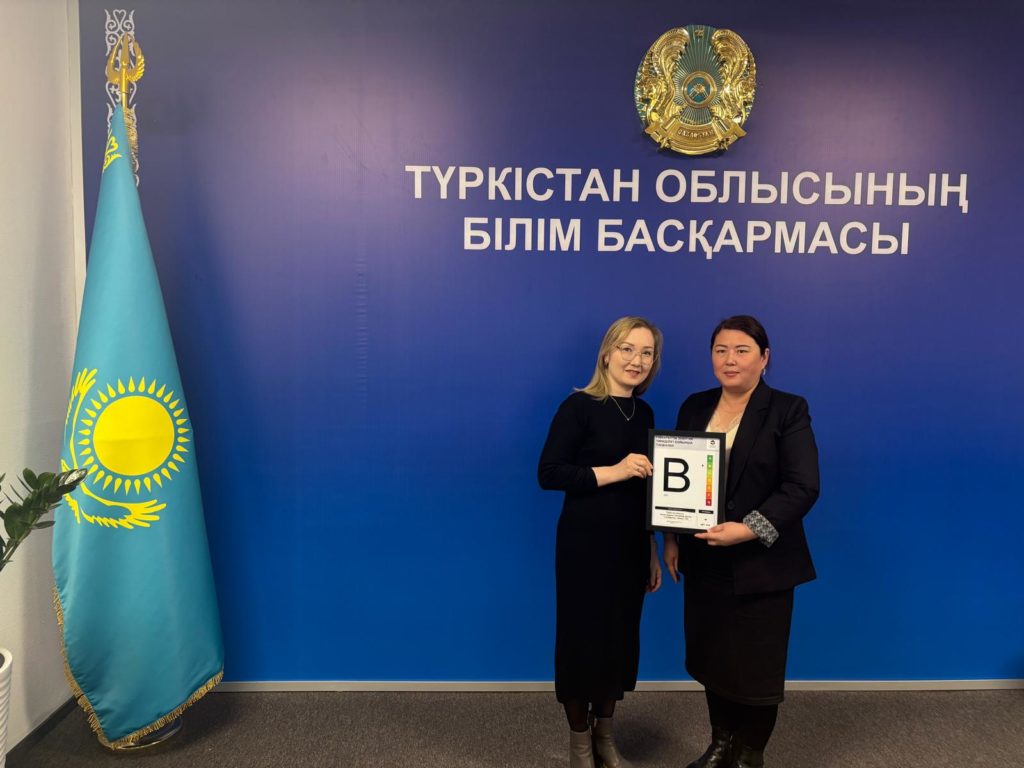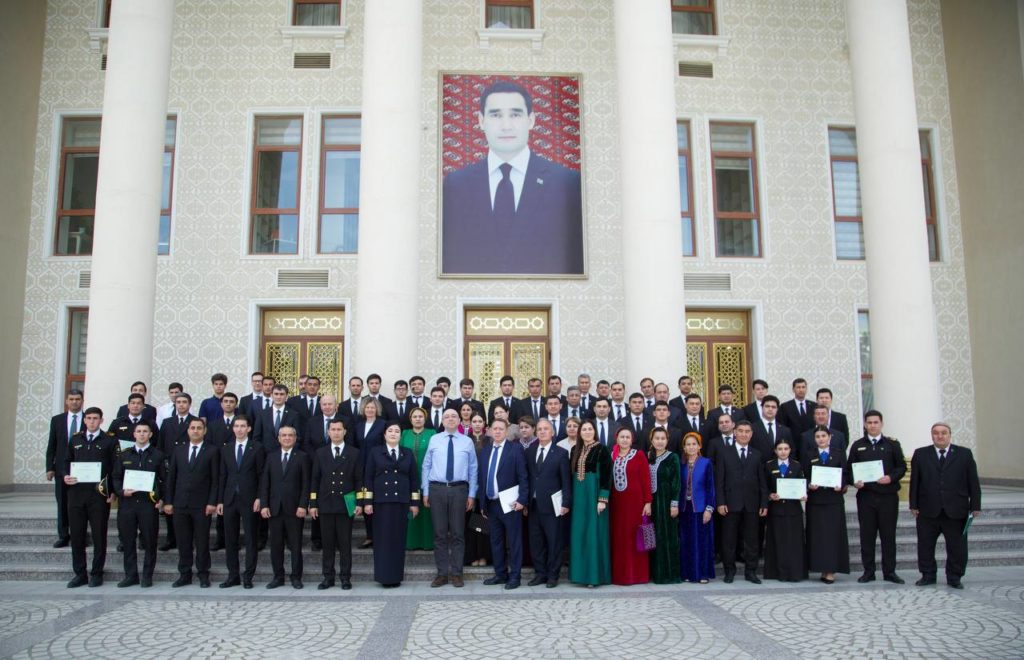Mary, Turkmenistan – From 10-31 March 2025, the State Energy Institute of Turkmenistan (SEIT) of the Ministry of Energy of Turkmenistan hosted a training workshop on ‘Studying the peculiarities of introducing innovative energy efficiency technologies in the manufacturing sectors of the economy in the climatic conditions of Turkmenistan’. This training workshop was organised jointly by the SEIT, the European Union project “Sustainable Energy Connectivity in Central Asia (SECCA)” and the UNDP project “Sustainable Cities in Turkmenistan: Integrated Green Urban Development in Ashgabat and Awaza”.
The event was attended by the specialists of the Ministry of Energy of Turkmenistan, teachers and students of SEIT, specialists of the Scientific and Production Centre ‘Renewable Energy Sources’ at SEIT, key experts of the SECCA project, experts and international consultants of the UNDP project.
The aim of the training workshop was to study the international experience in legal regulation of energy saving and energy efficiency fields. During the presentations, the activities carried out jointly by the Ministry of Energy, SEIT, SECCA project and UNDP project on capacity building of the national specialists, organisation of Sustainable Energy Days and environmental actions for the youth were presented.
The participants learned about the activities of the EU-funded SECCA project and the UNDP Sustainable Cities project in the areas of sustainable energy, renewable energy sources (RES), energy efficiency, waste management, zero waste and the possibility of using waste as RES. Additionally, the participants discussed the possibility of cooperation between SEIT, the SECCA project and the UNDP project in the field of renewable energy and energy efficiency development.
During the training workshop, international consultants also provided the participants with a wide range of information on the implementation of innovative energy efficiency technologies in residential and industrial buildings. The workshop participants were informed about the benefits of RES and energy efficiency and the experience of developed countries in creating a legal and regulatory framework for the development of these sectors.



